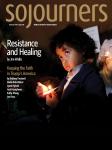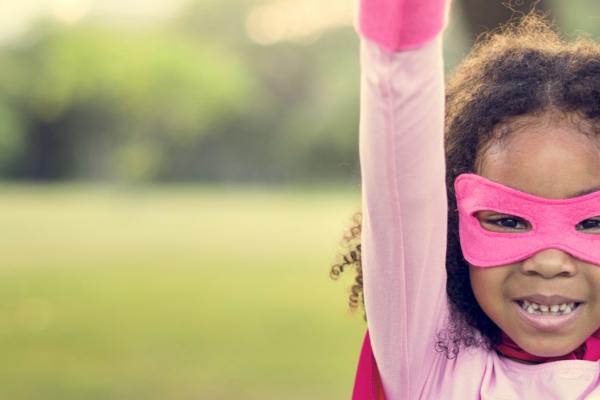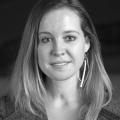IT IS A TRUTH universally acknowledged that a woman turning 30 must be in fear of her age. When I was 27, I got an accelerated peek into the process—I was in a bad car accident, and the recovery left me temporarily reliant on the trappings of old age: breathing apparatuses, a mostly liquid diet, walking with a cane.
I managed to weather it with good humor, knowing most of the changes were temporary (who hasn’t dreamt of shaking her cane from a porch at noisy youths below?). Now, back in my “correct” age, I’m grateful for that behind-the-scenes trial run at the other end of things. To be young and healthy again is a relief. But I’m not particulary afraid of aging, either.
I turn 30 this month. To be, at 30, unmarried, childless, career still evolving, and happy about it, as I am, is still viewed with suspicion, especially for women. While we’ve mostly divorced specific ages from expected signifiers of “adulthood”—marriage, children, home ownership, defined career—there’s still an underlying social expectation for women and men alike: Your 30s are when you “settle down.”
But my brief sojourn into old age didn’t give me a craving for these trappings of thirtydom. Instead, this visit to the end of the line gave me a deep look into my own soul. I did not emerge from enforced solitude in my later 20s looking to lock down a career or a man. I did emerge eager to honor my soul’s boundaries, newly curious about the divine, insistently pulled toward creating spaces of peace and healing for others.
For people in their 20s-30s, and for me more personally, the chronological experience of life has been scrambled and the expected scripts tossed out. So now, crossing over into 30 feels like the beginning of some real fun.
One of my editorial colleagues at Sojourners refers to a woman’s 30s as a “power decade.” (“I wasn’t standing in the light when I was turning 30, but I could see that there WAS light,” she told me. “The crises of the 20s were resolving into some sense of identity, of growth. ... And a bit of the satisfaction of survival.”) In fact, most of my over-30 writer and editor colleagues at Sojourners have shared a common sentiment: Our 30s are (or were) so much better than our 20s.
Ann Friedman keeps notes on women whose careers took off in their 30s (Alice Munro, Margaret Atwood, Dorothy Parker ...). Yet socially our horizons are often still unfairly confined to starting a family or, “as a substitute,” throwing ourselves fully into a career. “We are constantly given one-size-fits-all recipes, but those recipes fail, often and hard,” writes Rebecca Solnit in a beautiful essay in Harper’s on being a writer and a woman over 30.
I’ve become particularly interested in what aging means for women, I think, because there are so few models for it. If these recipes are not on my radar, by choice or by circumstance, what other experiences and growth can I look forward to?
For this I’ve found myself turning to the saints. There is a long litany of women who died martyrs for refusing marriage—and others whose insight was so in touch with the divine that they took up governance, medicine, poetry, interpretations of visions. When I hear the phrase “women in the church,” I think first of these women—those who devoted themselves to the quest of divine love in all its communal forms, social conventions be damned. To me, they are the model of a life lovingly and furiously lived.
“That we want is enduring; what we want changes as culture does,” wrote Kate Bolick in her memorable 2011 treatise to singlehood, “All the Single Ladies,” in The Atlantic. “This is not to question romantic love itself. Rather, we could stand to examine the ways in which we think about love.”
I think of Elizabeth I, founder of the Anglican Church, a single woman who used her charm and power to peacefully unite a violent country. I watch stories of women like Grace & Frankie, a serial celebration of 60-something retirees building friendship and community in a new act of life. I listen to women—grandmothers, mentors, sisters, role models—whose lives, so different from mine, have been driven by similar affection for others—for justice, for health, for human flourishing.
The way we think about love matters. As I step into my 30s, I’m more ready than ever to learn how.

Got something to say about what you're reading? We value your feedback!

